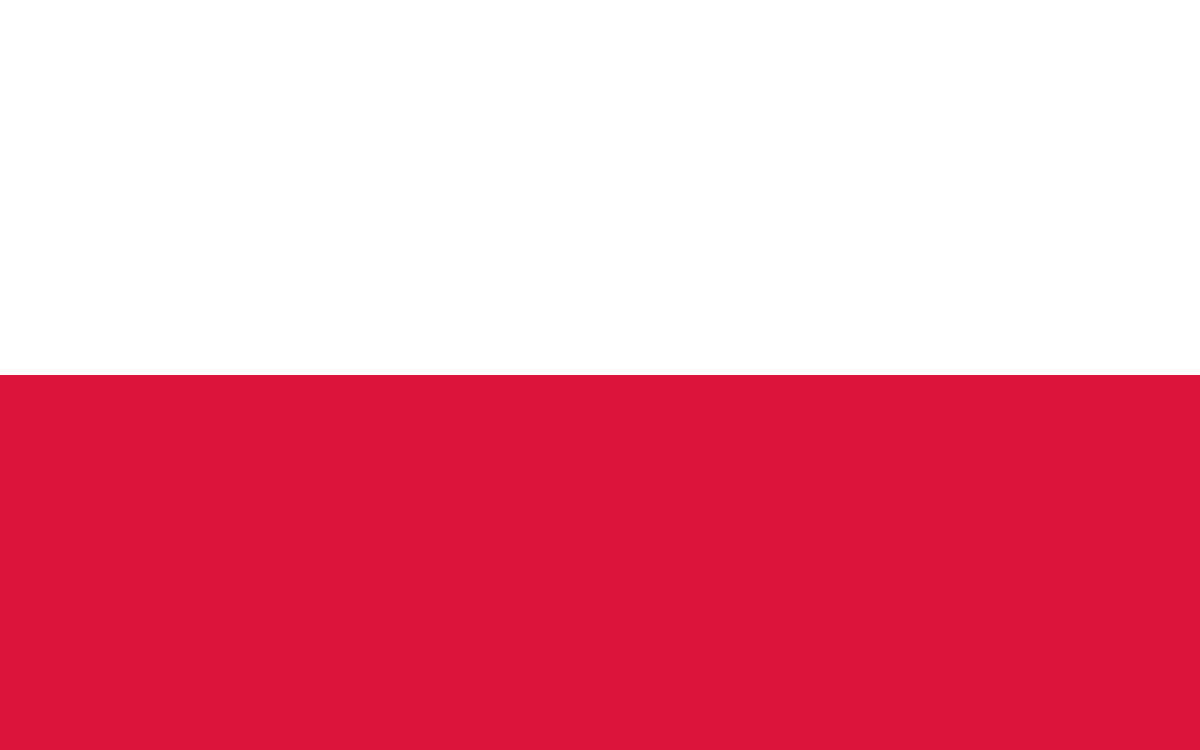Poland is an Eastern European country and has been part of the European continent for more than a century. It’s nicknamed the “Polish Riviera” because of its beautiful landscape, extensive coastline and many lakes. Poland is also topographically diverse. The Carpathian Mountains run through the central part of the country and there are other mountains as well. The Silesian and Polish Lowland Regions also mirror the geography of southern Germany, Hungary and Slovakia respectively. These are all factors that make Poland an attractive place for businesses looking to set up shop in eastern Europe. The economy of Poland is among the fastest growing in central and eastern Europe. In 2017, it grew by 3%, above average growth rates in that year. That’s partly due to being one of only six EU member states that benefited from Brexit with much less negative impact than others, as well as strong private consumption after decades of stagnation since the transition to democracy in 1989 (more on this later).
How big is Poland’s economy?
Poland is the 16th largest economy in the world, and it’s the 10th largest in Europe. It has a GDP of around $300 billion – that’s about the same size as Sweden’s economy. Poland has also been rapidly diversifying its economy to increase its export potential. In 1990, it was still a heavily agrarian economy. The service sector contributed only 8% of its GDP, agricultural industry 22% and industry 31%. Now, agriculture and industry make up only 8% and 22% each while service sector is the major contributor to the country’s economy.
Key economic statistics
The unemployment rate is 4.5%. This is low by world standards but it’s actually higher than the EU average. Real GDP growth rate: 3% in 2017, projected to reach 5% in 2018 and 7% in 2019. GDP per capita: $37,937 (World Bank)
Poland’s e-commerce market
There are more than 3 million Poles who shop online every month and this is expected to reach more than 5 million by 2020. The online market in Poland is growing by more than 15% per year and is expected to surpass the one billion euro mark by 2023. Poland has two of the top five e-commerce companies in the world that are based there namely: Piotrek, the country’s largest online retailer, with a 24% market share, and zakupy.com with 22% market share. Moreover, more than half of Poles are using internet for buying groceries and more than half of them are also planning to do so by 2020.
The importance of foreign investment
It’s difficult to overstate the importance of foreign investment in Poland’s economy. In a country where foreign investment is still relatively low compared to other emerging markets, it’s the cornerstone of future growth. The country has relatively strong infrastructure, a highly educated workforce, low labor costs and a stable legal system. It’s also close to the rest of Europe and has relatively low transportation costs. Foreign investment in Poland is expected to continue to grow even after Brexit despite a tumultuous period of political change. The Polish central bank has announced a new policy of keeping a low interest rate and increasing the money supply to help the economy recover after Brexit.
Key downside risks for the Polish economy
Poland’s economy is growing at a rapid pace, but there are some risks to growth. One is a potential trade war with the U.S. Another is the implementation of the EU’s digital strategy. That could lead to a drop in international demand for Polish exports. It’s also important to remember that Europe’s economy is itself in flux. There is a lot of uncertainty about the impact of the G20 and G7 summits to be held in Poland in July.
Key upside potential for the Polish economy
Poland is a relatively under-penetrated market for businesses looking to expand globally. This makes it an attractive option for startups as well as global enterprises looking to expand into eastern Europe. Additionally, its economy is highly diversified, so there are a lot of opportunities for entrepreneurs in the country. One area in particular is e-commerce. The service sector is expected to grow rapidly as the internet gains not only a larger role in daily life but also as a means for buying goods and services. This could drive significant levels of growth in e-commerce.
Conclusion
Poland is an attractive market for businesses looking to expand globally. The economy is growing at a rapid pace, and it has a highly diversified economy. Additionally, it’s an attractive place for foreign investment. However, there are some risks to growth, so it’s important to understand them and prepare yourself.
